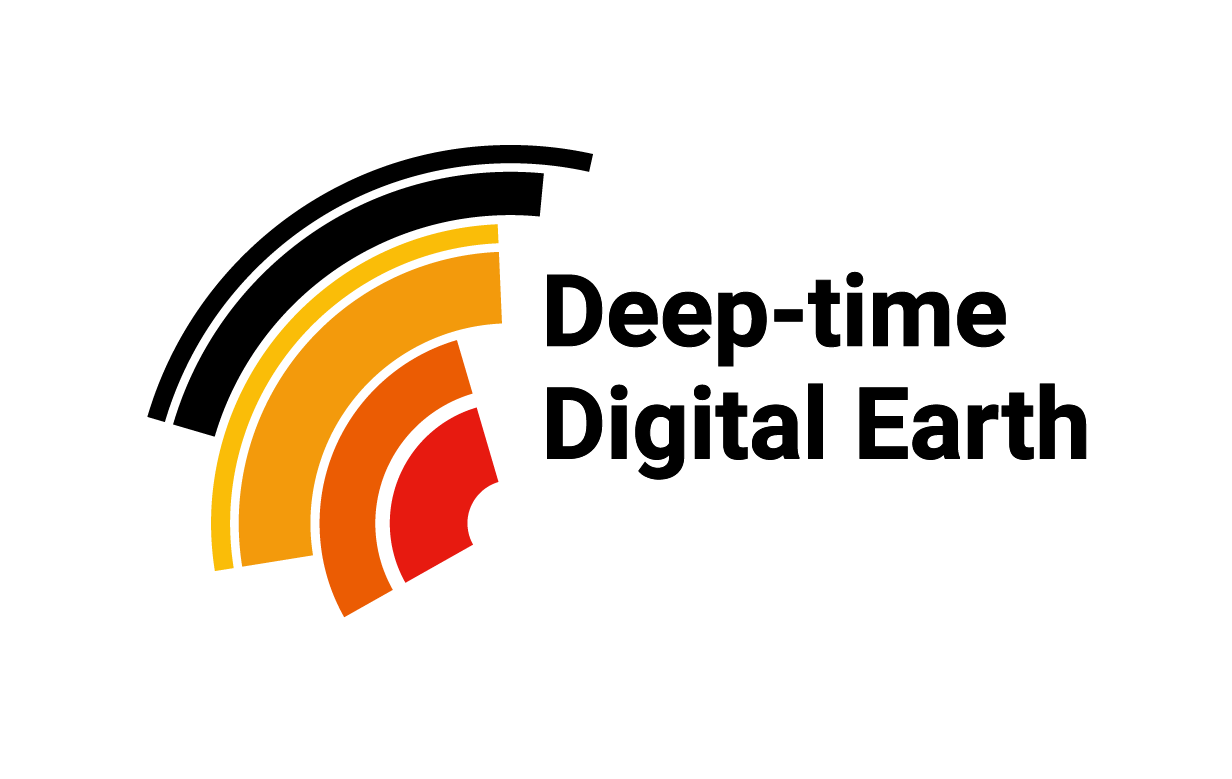DDE at the 29th Colloquium of African Geology
A few weeks ago Deep-time Digital Earth (DDE) personnel attended the 29th Colloquium of African Geology which was held in Windhoek, Namibia. DDE is a big science program that aims to harmonize global deep-time Earth data and share global geoscience knowledge. It is the first IUGS-recognized Big Science Program. The program utilizes big data analytics, internet cloud computing, data mining, machine learning and AI to facilitate innovation in understanding the Earth’s evolution and applications as well as the Sustainable Development Goals.

The Colloquium is one of the major geological events in Africa. This year’s event was organized under the auspices of the Geological Society of Africa (GSAf) and had the theme “The earth sciences and Africa’s development: current realities, future projections”. The conference was well attended by senior and early-career earth scientists from government, associations, mineral exploration and mining companies, civil societies, as well as representatives from politics and the media . The event is important because it provides a platform for earth scientists globally to present their research results on topics related to African geology and surrounding areas . The conference also starts the incubation, generation, and execution of initiatives that lead to interaction between academia, industry, and society . This year’s host country, Namibia, boasts an interesting heterogeneous geology covering some 2.6 billion years of earth history with a wide variety of mineral deposits and mineralization styles that have contributed immensely to the country’s economy.
The main DDE event was the CAG DDE Workshop on 25 September which was held at the Geological Survey of Namibia. The Highlights included high level C-suite speakers/contributors from African geological surveys and other institutions: Dr S. Rokhaya President of the Organisation of African Geological Surveys, Ms A. Nguno Deputy Director Geological Survey of Namibia, Prof G. Okunlola President of the Geological Society of Africa, Dr W. Meintjes of the Council for Geoscience and Ms. L. Peter Director Information Delivery at Botswana Geoscience Institute.
Prof G. Okunlola, the President of the Geological Society of Africa receiving digital version of the new DDE Geological Map of Africa from Dr Yang Song of DDE
The workshop also included individual researchers talking about their specialized research on geodata including Dr Paulina Pokolo on Managing Namibian Geological Data, Prof Benjamin Mapani on The integration of Geochemical, Geophysical and Geological data sets in digital data bases for future geological appraisals, Mr Melckzedeck Michael Mgimba on the Prediction of potential geothermal areas in Eastern Africa, and Dr Absai Vatuva on Computing and data for ore deposit assessment in Namibia.
DDE freebies at the CAG DDE Workshop on 25 September
DDE’s speakers included Prof Zhang Minghua on Progress in the DDE Standards Group, Dr Yang Song on Progress towards a geological map of Africa at 1:5m, and Prof Mike Stephenson on Organizing African geodata for development and investment: the Billion Dollar Map. Part of the session included a presentation to Prof G. Okunlola, the President of the Geological Society of Africa, of the digital version of the new DDE Geological Map of Africa, by Dr Yang Song of DDE.
Mike Stephenson also gave a talk at a session in the main conference on Geoscience Diplomacy, hosted by Dr Munira Raji. Munira is a British-Nigerian Geoscientist working as a Sustainable Geoscience and Natural Capital Research Fellow at the University of Plymouth, United Kingdom. Geoscience Diplomacy is growing as an idea. Mike talked about DDE as an example of a successful international collaboration. He also discussed the difficulties of science collaboration in a divided world. Finally Mike gave a talk on DDE and the concept of the Billion Dollar Map at the closing ceremony of the main conference to around 500 delegates, followed by some interesting discussion.
The session on Geoscience Diplomacy, hosted by Dr Munira Raji



